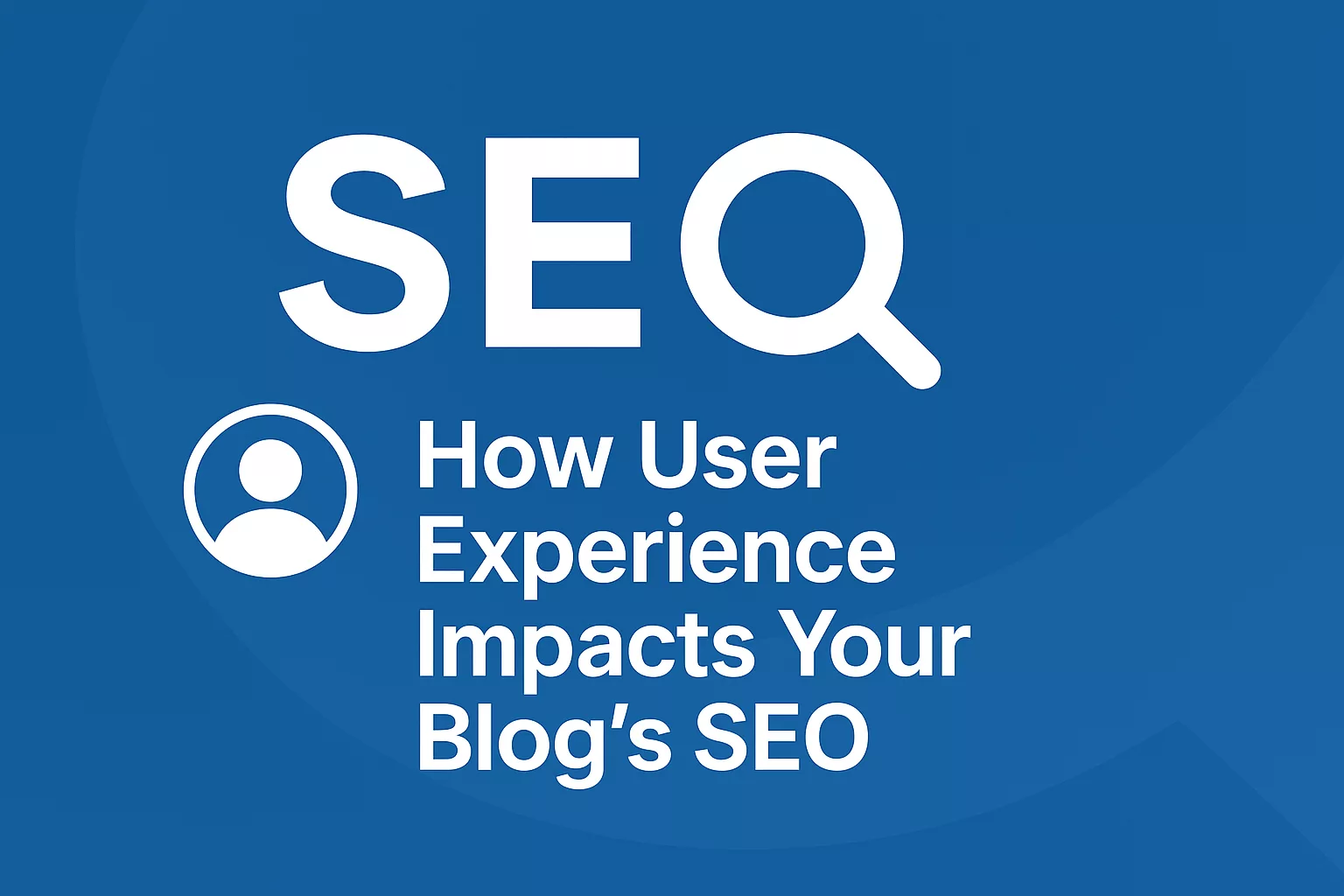
The Best Blog Post Length for SEO

The Impact of Blog Post Length on SEO
SEO, or Search Engine Optimization, plays a crucial role in ranking a website higher in search engine results pages (SERPs). The length of your blog posts can significantly impact SEO rankings. A common misconception among content marketers is that longer is always better when optimizing blog posts. However, it’s not just about the number of words, but the quality and relevance of the content.
Minimum Word Count: A Misconception
Many marketers believe that the minimum word count for a blog post to be considered SEO-friendly is 1,000 words. This is not entirely accurate. In fact, the focus should be more on the value of the content than the word count. If your blog post provides value, educates, or solves a problem, the search engines will prioritize it, regardless of its length.
The Sweet Spot: 1,500-2,000 Words
While there is no definitive minimum word count, research indicates that blog posts between 1,500 and 2,000 words tend to rank better in search results. These lengths give readers enough information to understand the topic and feel satisfied with the knowledge they’ve gained from reading the content.
For instance, a 2019 study conducted by BrightEdge found that the average word count for the top 10 positions in search rankings is around 1,850 words. This shows that while the length may not be a direct ranking factor, it can still have a subtle impact on a blog post’s position in SERPs. Another study from SEO Clarity in 2020 also indicates that longer blog posts tend to rank higher in search results.
Keep an Eye on Readability
While longer posts can rank better, they must also be readable. No one wants to read a 3,000-word article that feels like an academic paper or a textbook. The optimal length should provide a good balance between providing enough information and maintaining readability. This makes 1,500-2,000 words an ideal length.
A good example of a balanced, long-form blog post is the “How Google Search Works” article by Google’s webmasters team. The article is nearly 6,000 words, but it’s highly informative, easy to read, and provides a comprehensive overview of the search algorithm. Another great example is the “How Google Works” video series by Google Developers, each video being about 15-20 minutes long, but providing deep insights into Google’s technology.
The Future: AI and Content Length
In the future, AI and machine learning will play a more significant role in content creation and optimization. AI can generate long-form content with minimal human intervention, allowing marketers to focus on creating high-quality, engaging content that drives meaningful results.
While AI-generated content might initially seem like a shortcut to creating longer content, it’s crucial to understand the nuances of your target audience, the topic you’re covering, and the purpose behind your content. AI can help create the content, but the human touch is essential for determining the optimal length, ensuring readability, and addressing the specific needs of the target audience.
Conclusion
In conclusion, the best blog post length for SEO is between 1,500 and 2,000 words, considering the balance between providing enough information and maintaining readability. Remember, SEO is about more than just the length of your content; it’s about creating high-quality, relevant, and engaging content for your target audience. As the search engines evolve, the importance of AI in content creation and optimization will only continue to grow.
You May Also Like

How User Experience Impacts Your Blog’s SEO
May 20, 2025
Common Reasons Blog Traffic Drops
June 15, 2025


